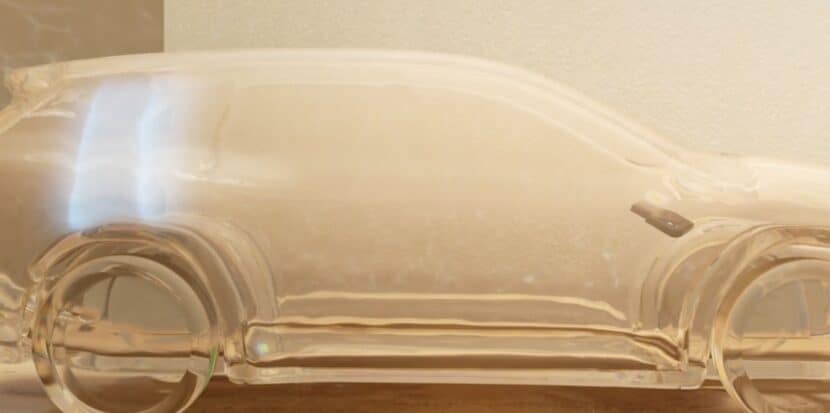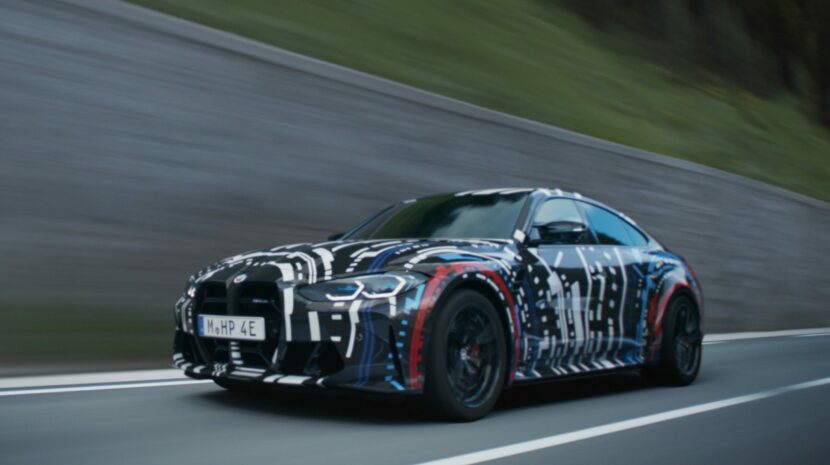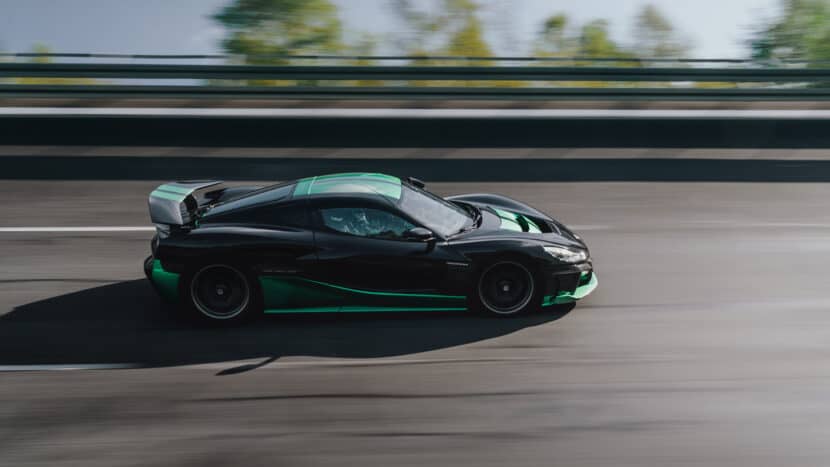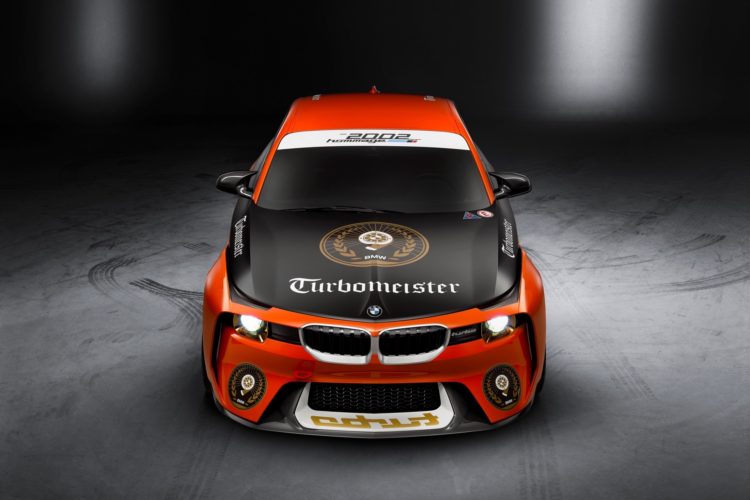We had the opportunity to chat with BMW M head honcho Franciscus van Meel and Dirk Haecker, head of BMW M R&D. In our quick talk, we learned a lot about BMW M’s future. We got lots of info on synthetic fuels, the newest technology, and what will (and won’t) be included in high-performing M EVs.
Confidence in In-House BMW Tech; No More Tank Turns
BMW M defies industry conventions. Unlike some other automakers, BMW has relied almost exclusively on in-house tech for powertrain developments – including batteries. Van Meel is proud of his team: “We have our S68 engine as a benchmark. We have our S58, a six-cylinder engine, that is benchmark. And we will have our own electric motors as benchmarks.”
Of course, he’s talking about M-specific electric motors – exciting. But don’t hold your breath for a burnout mode. Neither Van Meel nor Haecker “are fans” of the tank turn we saw the M prototype performing, shredding tires in the process. “I’m not going to implement some kind of function like that in our cars at all. Because that is a rabbit hole, just for show.”
Dirk Haecker weighed in on the software side, too: “I’m very happy with the logic for the control unit,” he says. He says that it isn’t even close if you compare BMW’s tech to something from a startup – “We have a very big advantage,” he states. He says that BMW gets an edge because they’re thinking down the line – for example, regulating ABS via just the electric motor. Van Meel weighs in: “Everything you see is not what we are talking about. We’re talking about a completely different window of performance for electric high-performance cars, and it’s not there yet – not on the market yet.”
BMW M and Neue Klasse

When asked how involved BMW M is with the Neue Klasse series production, Van Meel cuts right to the chase. “Extremely involved,” he starts. “I need to be. It’s more than just batteries and electric motors. Now we’re talking about electronic architecture, software architecture, overall vehicle preparation.” A key focus is ensuring the vehicle is “precise” and has no torsional weakness. He also – with Haecker – more or less confirmed that the M Neue Klasse models will feature four motors with one central software controller. The four motors are for more than just power; “It’s also for stability control, lateral control vectoring, even recuperation,” they said.
The Future Of ICE
Despite what you might have heard, BMW M is still invested in the internal combustion engine (ICE). The response is immediate and enthusiastic when asked if they’re still focusing on ICE. “Yes,” Van Meel says, “Now we are improving our ICE engines toward EU7.” He also talks about hybrid applications for both race vehicles and series production cars—like the M5 and XM.
Van Meel stresses the importance of maintaining diversity in fuel types. “You have to go those three ways,” he asserts, referring to hybrid, EV, and full ICE. “Otherwise you are not able to react to what happens in the different countries all over the world.” He points out that constantly changing regulations and moving goalposts make committing to just one fuel type impossible, highlighting BMW M’s adaptability.
Synthetic Fuels and BMW M
“We are not developing e-fuels, but we take a very intensive look at the development all over the world. We are also able to use most of them in our actual models,” Dirk Haecker says. Van Meel also states that using and looking at synthetic fuels is – to some degree – necessary. As many race series transition to renewable energy – IMSA, for example – BMW M must consider those alternatives. Van Meel also thinks enthusiasts will be hard-pressed to pass up a high-performance BMW M EV. “The pure electric high-performance vehicle when it comes out – the one we’re going to be working on – will be everything you’ve ever seen as we talked about.”
Synthetic Sound
Van Meel is clear about his priorities when it comes to the driving experience. He believes that vehicles don’t need a synthetic soundtrack to make them interesting. When asked about other automakers (like Hyundai) implementing significant theater to give performance EVs a more “ICE” feel, he’s not impressed. “I think that’s the wrong approach,” he begins. “What you need is feedback.” He’s putting the driving experience first – and the sound will come later.
Won’t Somebody Think of the Wealthy?
Van Meel has an interesting take when he’s asked if shoppers with loads of disposable income will be interested in EVs. Some suggest that the wealthy aren’t terribly interested in them yet. A comparison is usually made between a mechanical watch and, say, an Apple Watch. While the Apple Watch will objectively do everything better than the mechanical one, no one’s going to pay $81,000 for one. Unlike, say, a mechanical watch from Audemars Piguet. The numbers grow – but the scale and philosophy – supposedly stay the same regarding cars.
“If you buy a super sports car, there are two things that are important. First, the brand,” says Van Meel. He brings up the Rimac Nevera as an example. “The product is okay but the brand is unknown. And what you need is the right brand with the right product. And that combination is not there yet,” he says. Van Meel thinks that wealthy shoppers are just waiting for a convincing product. “Our future high-performance electric vehicles are gonna be very convincing,” he says.








































































